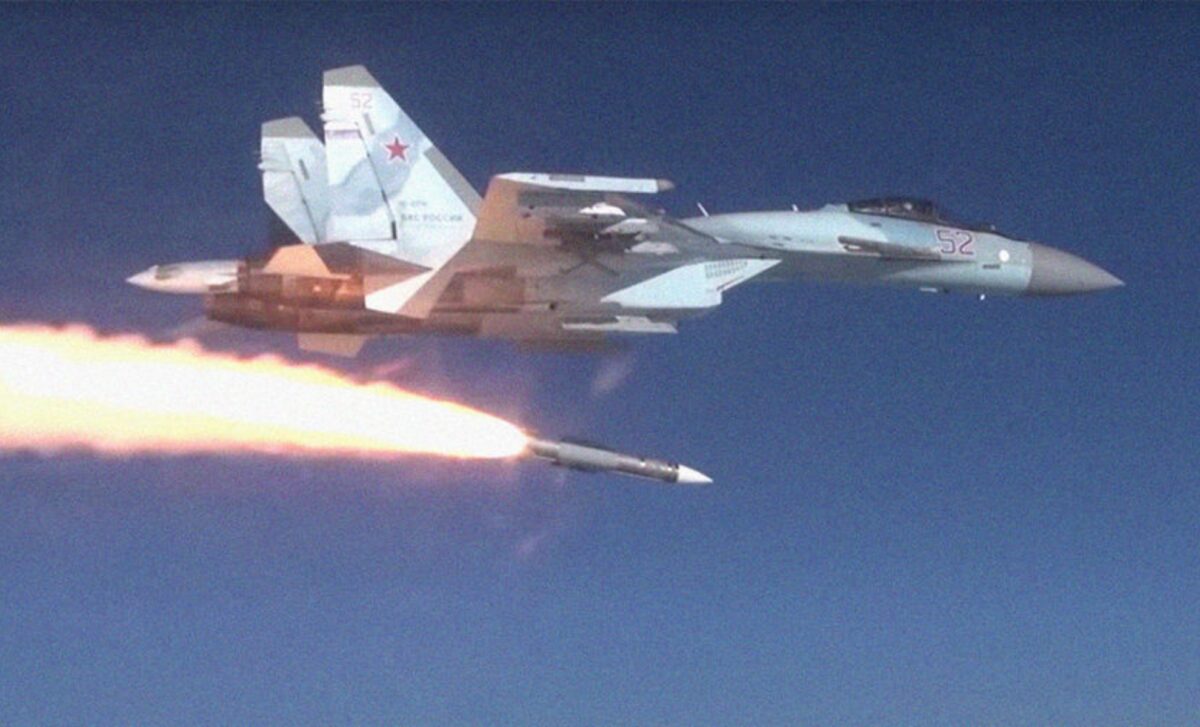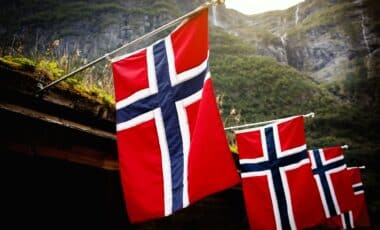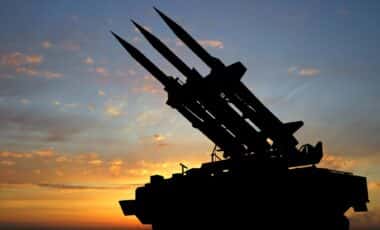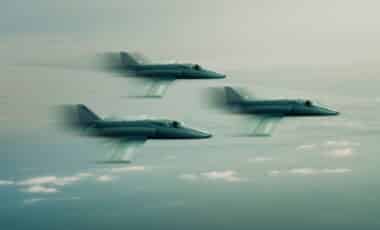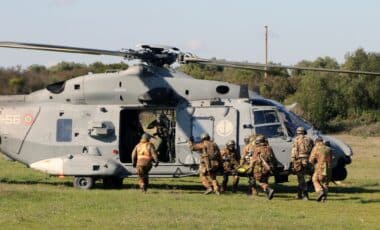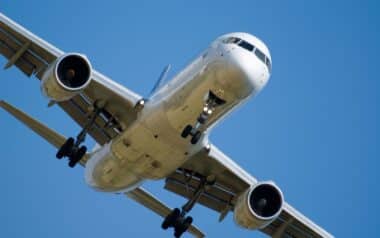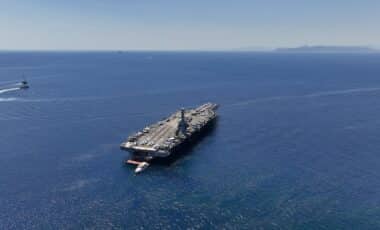General Thierry Burkhard, the Chief of Staff of the French Armed Forces, has raised the alarm about the growing geopolitical tensions in Europe. As he prepares to leave his post on September 1st, after four years leading the French forces, he shared his concerns in an interview with The Economist on July 31. According to him, a Russian attack on the continent is not a distant possibility; it could very well materialize in the coming years.
Taiwan’s Warships Just Got a Lot Deadlier, And China Is Watching
The Russian Threat in Action
Russia continues to focus its military operations on Ukraine, where the invasion has been ongoing for some time. According to General Burkhard, within the next five years, Moscow will be capable of posing a real military threat to Western countries, especially Europe. He reminded that the Kremlin now considers France a “priority target” and has already launched cyberattacks against the continent.
To strengthen itself, Russia plans to invest approximately $1.1 trillion in rearmament by 2036. Ukrainian intelligence services suggest that Moscow could pose a serious danger as early as 2030. This situation forces European countries to rethink their defense strategies and plans.
Technological Advances and Financial Challenge
Thierry Burkhard also highlighted advancements in Russian weaponry, particularly the use of drones, emphasizing the importance of air defense. He pointed out that relying solely on long-range missiles will not be enough to counter this threat. Using a metaphor, he said, “Sometimes you need Ferraris, but you won’t win the war with Ferraris.” This metaphor illustrates the financial challenge posed by low-cost Russian drones versus much more expensive Western missiles.
Changing of the Guard in the French Military
General Burkhard’s imminent departure marks a turning point for the French military. He will be replaced by Air Force General Fabien Mandon, a former Mirage pilot (F1 and 2000D), known by the radio call sign “Madoon.” His appointment was announced by Minister Sébastien Lecornu on July 23, marking the first time in thirty years that an aviator has held this prestigious position. We’ll have to see if Fabien Mandon shares the same concerns about a potential conflict in Europe in the coming years.
The European Response
In response to the Russian threat, European countries have strengthened their defense cooperation over the past three years. For example, France and the UK announced on July 9 an important shift in their nuclear doctrine, declaring their intention to “coordinate” their nuclear forces. Additionally, with the announced withdrawal of the United States from NATO, European militaries must now become more flexible and prepared to take greater risks.
France will have to rely on what some refer to as the “European pillar of NATO,” consisting of the UK and Germany, to face the security challenges posed by Russia, even considering the deployment of European forces.
Russia’s Weapons and Resilience
Russia’s military strategy relies on massive rearmament, accumulated experience on the ground in Ukraine, and remarkable endurance. According to Claude Blanchemaison, former French ambassador to Russia, Vladimir Putin knows that his army may not yet be up to the ambitions he has set. However, Thierry Burkhard warns that the Russians might hold out “five minutes longer” than a Western country in a conflict.

